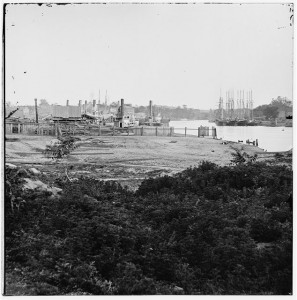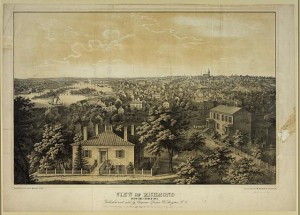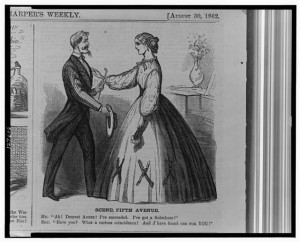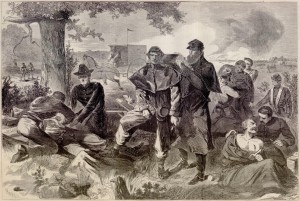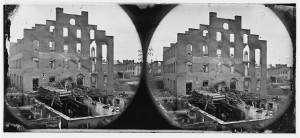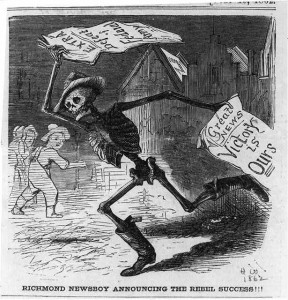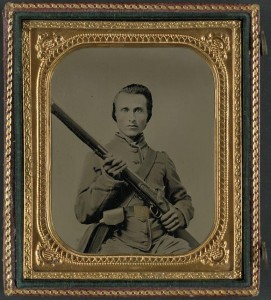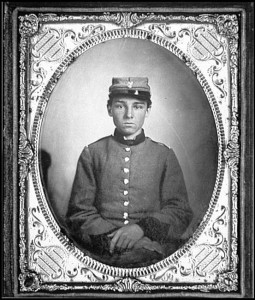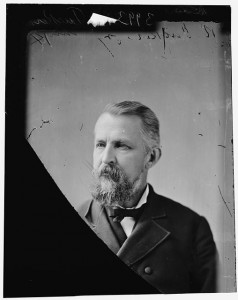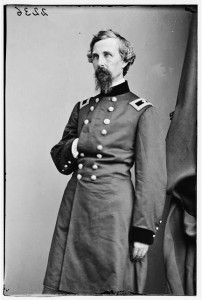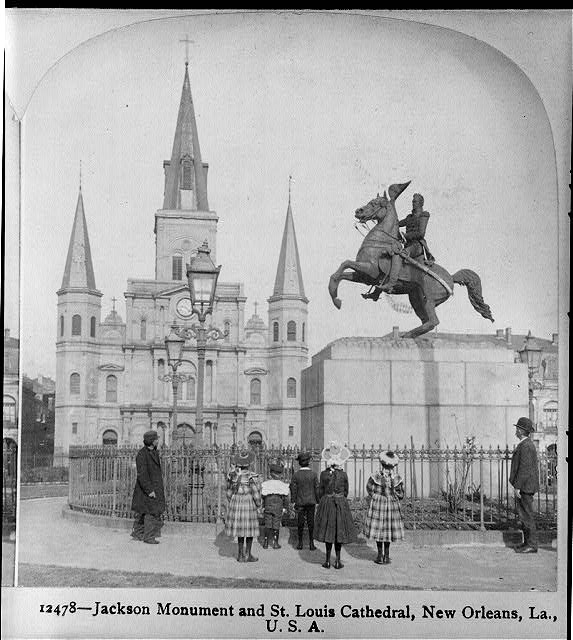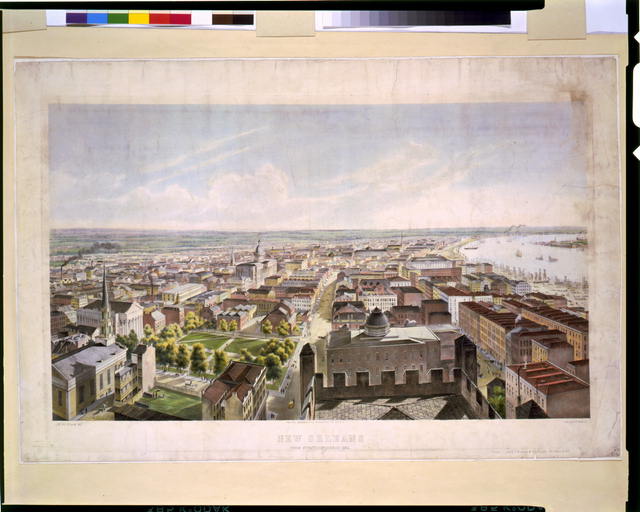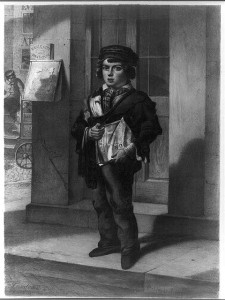Like Napoleon at Elba
Even with over 100,000 Yankees a few miles away, it wasn’t all war news in the Confederate capital.
From the Richmond Daily Dispatch June 21, 1862:
Illustrating the Benefits of advertising.
–Mr. George Horton, who lives on the east end of Main street, near Rocketts, keeps a dog called La Vega — an ill-favored, fierce-eyed brute, whose untidy habits and cross grained temper cause him to be held in detestation by the family in general, and Mrs. Horton, his mistress, in particular. La Vega, however, is a great favorite with his master. About a week ago, Mrs. Horton became exasperated on account of some unendurable offence committed by La Vega, and privately bargained with an old colored collector of soap fat, named Abe Walker, who, for a dollar fee, agreed to take the dog off and “render him up” into tallow, or otherwise relieve Mrs. Horton from the annoyance of his presence. Mr. Horton, on coming home to his dinner, inquired for La Vega, and was chagrined with the information that his troublesome pet had absconded. For some days the absence of La Vega gave occasion for much rejoicing in the household, and even the grief of Mr. Horton for his loss was made the subject of many a sly joke in his domestic establishment. Mrs. H. congratulated herself excessively on that lucky thought of hers, which cleared her house of the odious brute; and though she is a lady who thinks a good deal of a dollar, she did not grudge the money, since it gained her object so effectually. In the meantime, La Vega was detained a close prisoner in the cellar of the soap factory, amusing himself by snapping at the rats which coursed about the premises, and sustaining himself, like Napoleon at Elba, with the belief that the objects of his destiny were not yet accomplished. On Thursdaymorning, Mr. Horton appeared at the breakfast table with a beaming countenance, “Well, my dear; good news ” said he to Mrs. H. “What is it?” asked the lady with some secret misgiving. “I’ve get La Vega back again. Advertised for him; offered a reward for his recovery, and this morning he was brought home by Abe Walker.””Heavens!” ejaculated Mrs. Horton, “what did you have to pay for him?””Only eleven dollars,” replied Horton; “one for the advertisement and ten to Old Abe for bringing him back. “”Merciful goodness!” cried the unsympathizing wife. “Eleven dollars, (enough to buy a dress pattern.) for the recovery of such a nasty cur! and to think that I gave the black rascal a dollar for taking him off.” This inadvertent confession of course produced a matrimonial duet, the report of which we omit, as it might appear stale and commonplace to some of our married readers.–By this little canine speculation all parties were gainers. Abe Walker, the cunning darkey, gained eleven dollars, the advertising sheet gained one dollar, and Mr. and Mrs. Horton gained some valuable experience, which will no doubt teach them the importance of mutual confidence between wedded partners.
Of course, there was the plug for print advertising. I wonder if the war was having an effect on newspapers 150 years ago similar to the Internet’s effect today.

